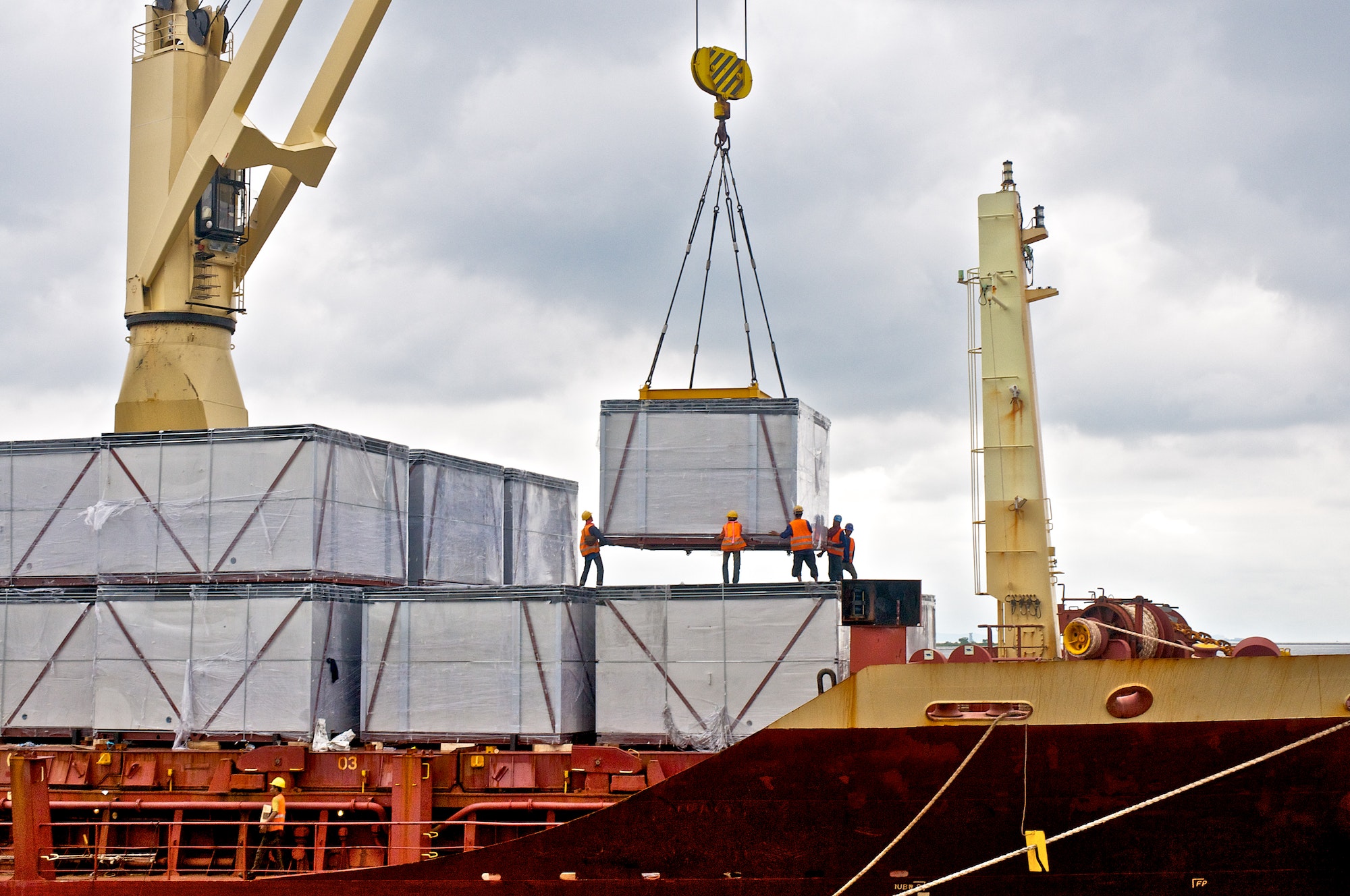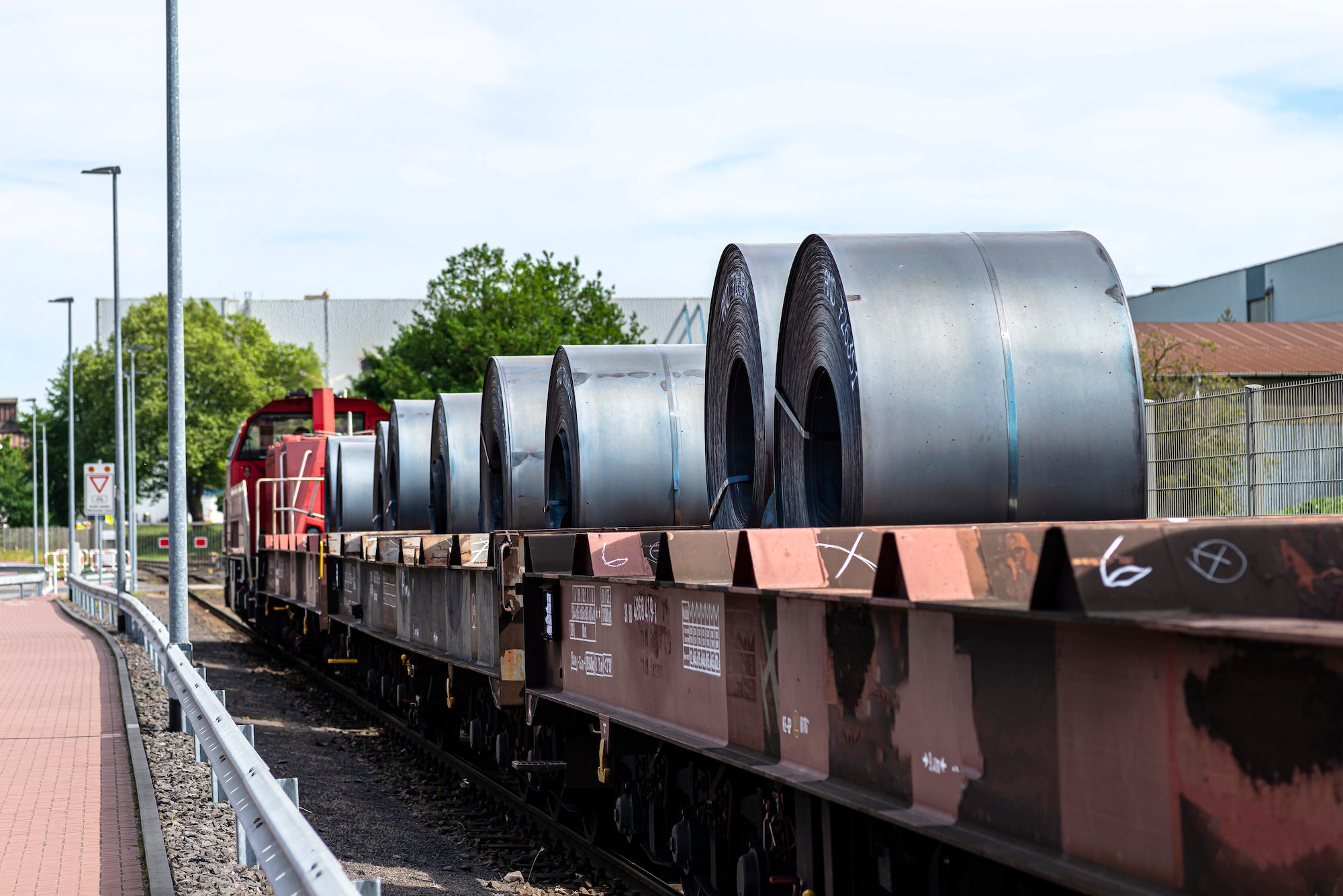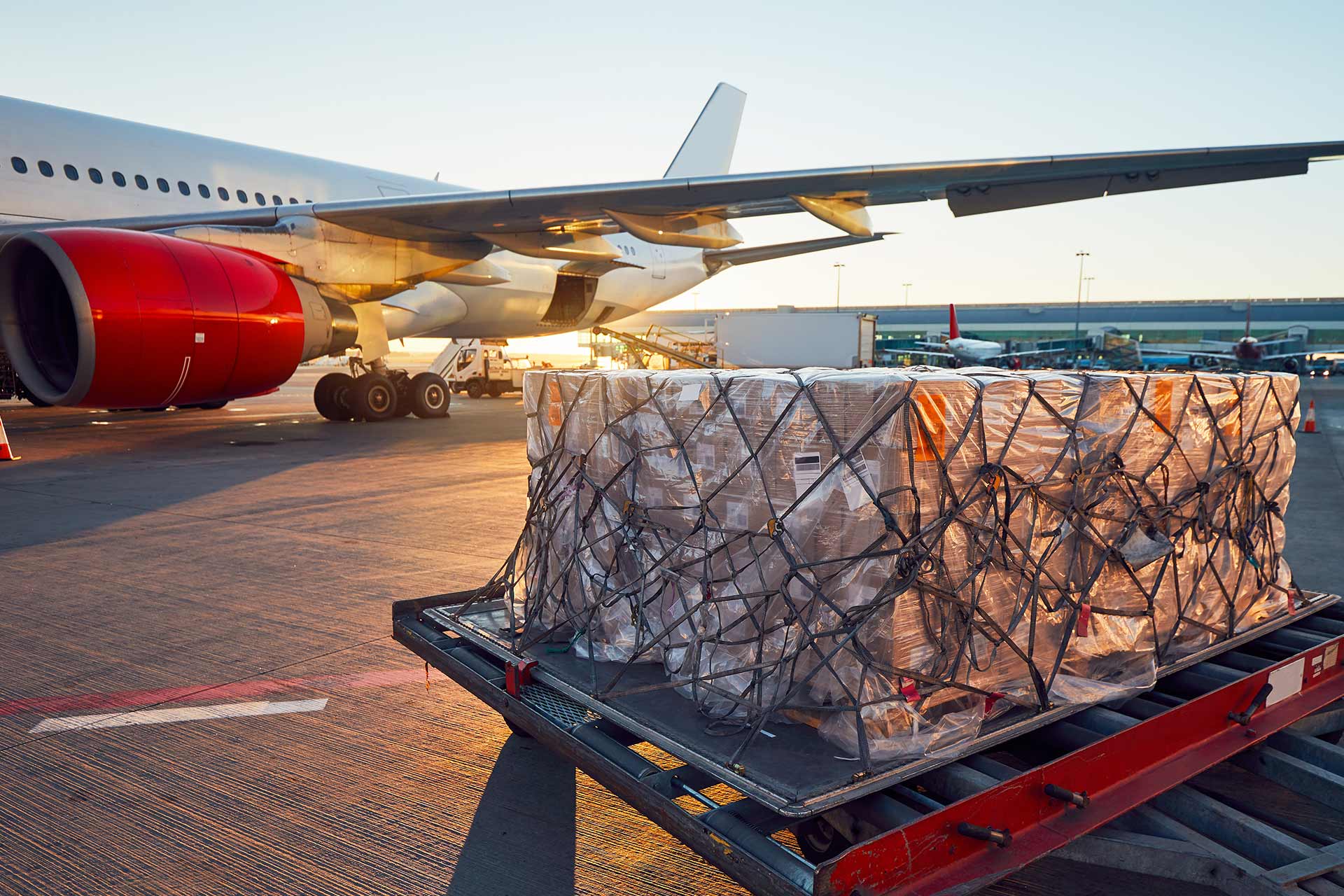
Welcome to PM Logistics Services, your trusted partner for all your intermodal transporting needs. We have over 50 years of experience in the shipping and logistics industry, and we are proud to offer the highest quality intermodal transport services for commercial clients across the U.S.!


Intermodal Transport Services Locations
Intermodal transportation refers to the movement of goods or people using two or more modes of transportation, typically involving the use of containers or other intermodal equipment that can be easily transferred between different modes of transportation, such as trucks, trains, ships, and airplanes.
Intermodal transporting can be complex and challenging, especially for businesses that are not familiar with the logistics involved. That’s why it’s important to work with a professional company like PM Logistics Services. We have the experience, knowledge, and resources to handle all aspects of intermodal transporting, from packing and loading to transportation and delivery. By working with us, you can rest assured that your goods will be handled with care and delivered safely and efficiently.
At PM Logistics Services, we understand the importance of timely and reliable shipping for businesses. That’s why we offer a wide range of intermodal transport services to meet the unique needs of our clients. Our team of experienced logistics professionals works closely with our clients to create custom shipping solutions that are tailored to their specific requirements. Whether you need to ship a single item or a full truckload, we have the expertise and resources to get the job done right.
There are several different types of intermodal transportation, each of which involves the use of multiple modes of transportation to move cargo or people across long distances. Here are brief explanations of some common types of intermodal transportation:
This involves the movement of cargo in intermodal containers on trains. The cargo is typically transported by truck to a rail yard or intermodal terminal, where it is then loaded onto a train for long-distance transport. Rail intermodal is often used for heavy or bulky goods that are not time-sensitive.
This involves the use of intermodal containers that can be transported by truck on highways. The containers are typically loaded onto a truck at the origin and driven to a hub or terminal, where they are then transferred to another truck for the final leg of the journey.
This involves the use of intermodal containers to transport cargo by ship across oceans or other bodies of water. The cargo is typically transported by truck or rail to a port, where it is then loaded onto a ship for transport to another port. Ocean intermodal is often used for international trade and the movement of large volumes of cargo.
This involves the use of intermodal containers or pallets to transport cargo by air. The cargo is typically transported by truck to an airport, where it is then loaded onto a plane for long-distance transport. Air intermodal is often used for time-sensitive goods or high-value cargo.
This involves the use of multiple modes of transportation to move cargo or people across long distances. For example, cargo may be transported by truck to a rail yard, where it is loaded onto a train for long-distance transport, and then transferred to a truck for final delivery. Multimodal intermodal is often used to optimize the use of different modes of transportation and reduce transportation costs.
Intermodal transportation is used to transport a wide range of goods, including consumer goods, raw materials, and finished products. Examples include electronics, food products, construction materials, and machinery.
Intermodal transportation typically involves a complex logistics network that requires careful coordination between multiple transportation modes and carriers. This coordination is often managed by an intermodal transportation provider or third-party logistics company.
Intermodal transportation can help reduce greenhouse gas emissions and other environmental impacts associated with transportation, as it enables cargo to be transported more efficiently and with fewer empty miles. It also reduces congestion on roads and highways.
Intermodal transportation can be cost-effective for long-distance transport, as it enables cargo to be moved in larger quantities and with fewer handling costs. However, it may be more expensive than other forms of transportation for shorter distances or when cargo volumes are low.
Intermodal transportation requires careful planning and coordination, as well as specialized equipment and infrastructure. Challenges may include limited intermodal terminals in certain areas, varying regulations across different modes of transportation, and potential disruptions due to weather or other factors.